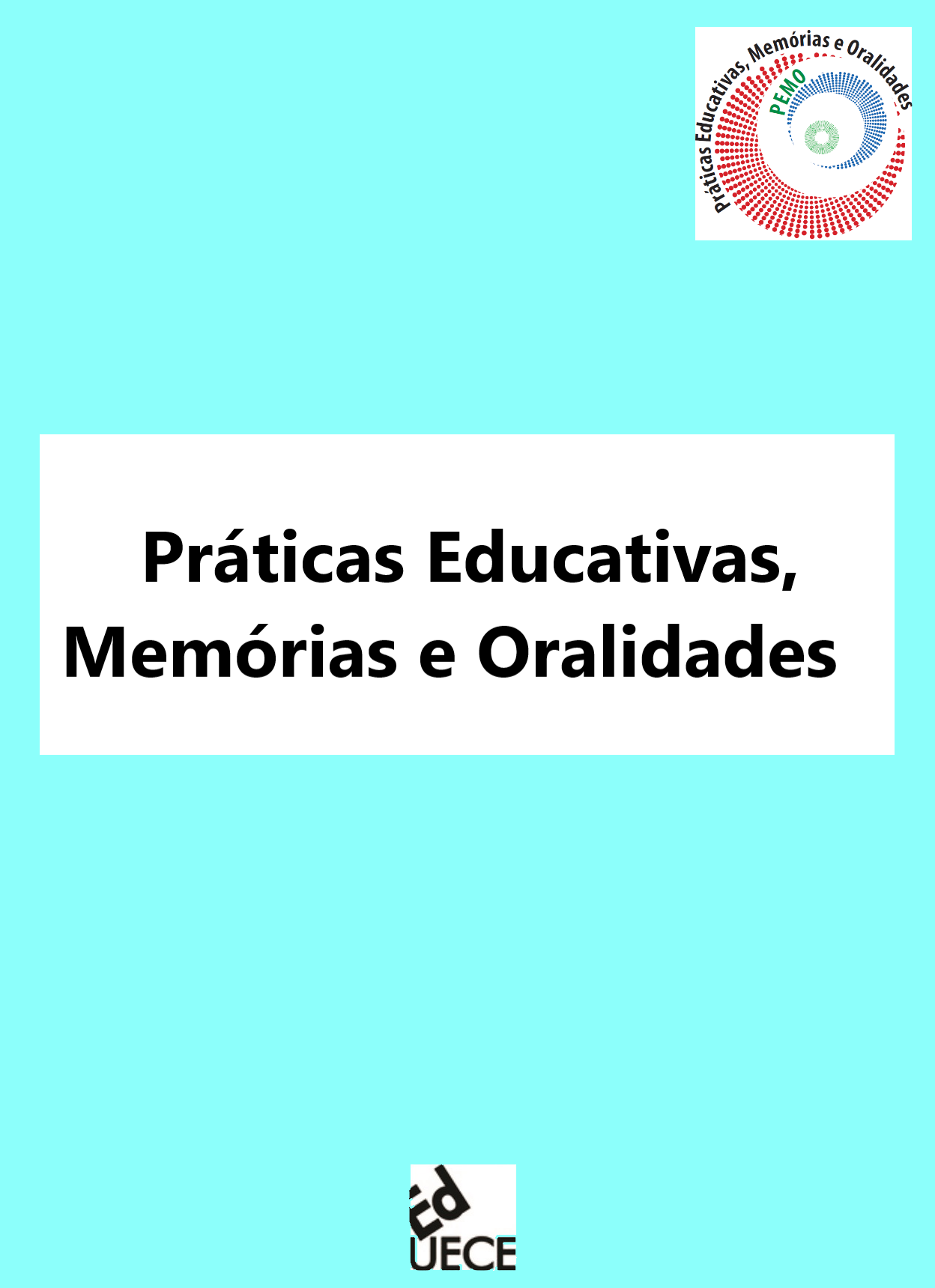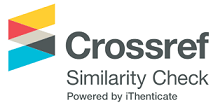The Pibid and the training of the teacher / researcher
in UniEVANGÉLICA, in the school-field and in the pedagogical intervention of the early years of elementary school
DOI:
https://doi.org/10.47149/pemo.v1i3.3641Keywords:
History, Heritage, Teacher/researcher training, PibidAbstract
This article aims to discuss the process of training and instrumentalization of the teacher/researcher in different educational environments, the University Center of Anápolis and a municipal public school through the Institutional Program for Teaching Initiation Scholarships (PIBID). In this proposal, the methodology adopted was the qualitative approach, experience report, document analysis and bibliographic research exploring the knowledge about the historical and cultural heritage of Anápolis/GO. Thus, during the 18 (eighteen) months of the project, the “pibidians” developed research in Anápolis listed heritage sites to produce didactic materials and pedagogical instruments that would be used in the interventions in the field school. Starting from these actions and teaching in the classroom, it can be noticed that UniEVANGÉLICA's academics, through the research and instrumentalization developed, brought innovation and improvement to the school community of the field school and society in general.
Downloads
References
ABREU, Sandra Elaine Aires de. Projeto institucional do PIBID 2018/2020: O ensino de história nos anos iniciais do ensino fundamental: a formação do professor pesquisador. 2018a.
ABREU, Sandra Elaine Aires de. Projeto de área do PIBID 2018/2020: O ensino de história local e patrimonial nos anos iniciais do ensino fundamental. 2018b.
ANÁPOLIS. Prefeitura Municipal. Planejamento e Ação. Disponível em: www.Anapolis.go.gov.br. Acesso em 21 de junho 2019.
BITTENCOURT, Circe(org.). O saber histórico na sala. 12.ed. São Paulo: Contexto, 2013.
BRASIL. MINISTÉRIO DA EDUCAÇÃO. Base Nacional Comum Curricular. Disponível em: http://basenacionalcomum.mec.gov.br/images/BNCC_EI_EF _110518_versaofinal_site.pdf/. Acesso em: 21 de jul. de 2019.
BRASIL. MINISTÉRIO DA EDUCAÇÃO. Parâmetros Nacionais Curriculares: História e Geografia. 2.ed. MEC: Rio de Janeiro, 2000.
CAPES. Pibid – Programa Institucional de Bolsas de Iniciação à Docência. Disponível em: http://portal.mec.gov.br/pibid/. Acesso em: 23 de jun. de 2019.
DIÁRIO DE CAMPO DO PIBID, 2018/2020.
FREIRE, Paulo. Pedagogia da autonomia: Saberes necessários à prática educativa. São Paulo: Editora Paz e Terra, 2000.
HORTA, Maria de Lourdes P.; GRUNBERG, Evelina; MONTEIRO, Adriane Queiroz. Guia Básico de Educação Patrimonial. 3. ed. Brasília: Instituto do Patrimônio Histórico Artístico Nacional, 2006.
KARNAL, Leandro(org.). História na sala de aula: conceitos, práticas e propostas.2. ed. São Paulo: Contexto, 2004.
LUDKE, Menga; ANDRÉ, Marli E.D.A. Pesquisa em Educação: abordagens qualitativas. 2.ed. Rio de Janeiro:E.U.P,2014.
MARCONI, Marina de Andrade; LAKATOS, Eva Maria. Metodologia Científica. 5 ed. São Paulo: Atlas, 2011.
MARTINS, Estevão C. de Rezende. História, historiografia e pesquisa em educação. Disponível em: http://www.scielo.br/scielo.php?script=sci_artt ext& pid =S0104-40602019000200017&lang=pt/. Acesso em 23 de julho de 2019.
SCHMIDT, Maria Auxiliadora e CAINELLI, Marilene. Ensinar História: Pensamento e ação no magistério. 1. ed. São Paulo: Scipione, 2004.
ZÓBOLI, Graziella. Práticas de Ensino: Subsídios para a atividade docente. 10. ed. São Paulo: Ática, 1999.
Downloads
Published
How to Cite
Issue
Section
License
Copyright (c) 2019 Tarsio dos Santos Paula, Sandra Elaine Aires de Abreu (Autor)

This work is licensed under a Creative Commons Attribution 4.0 International License.













